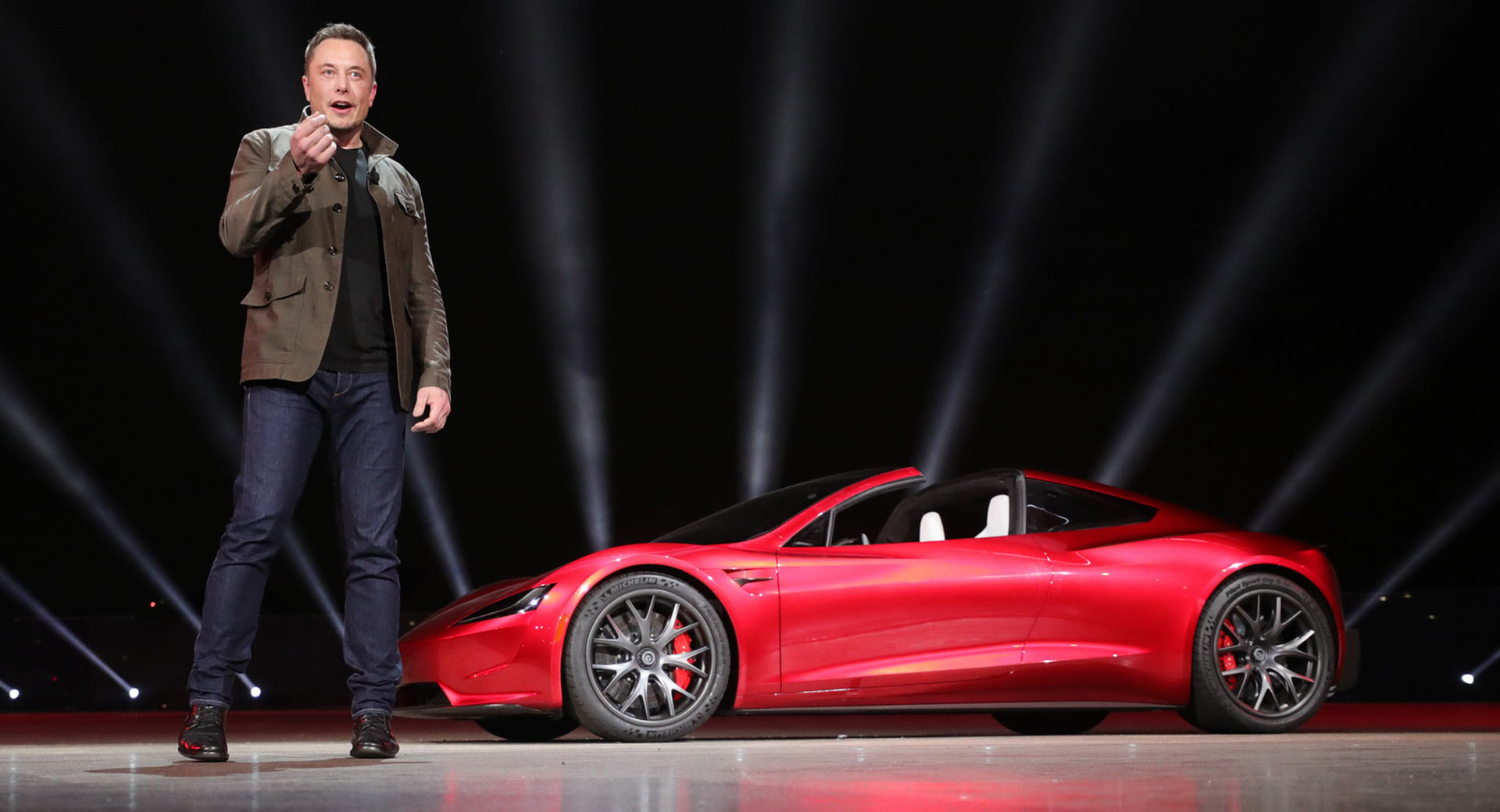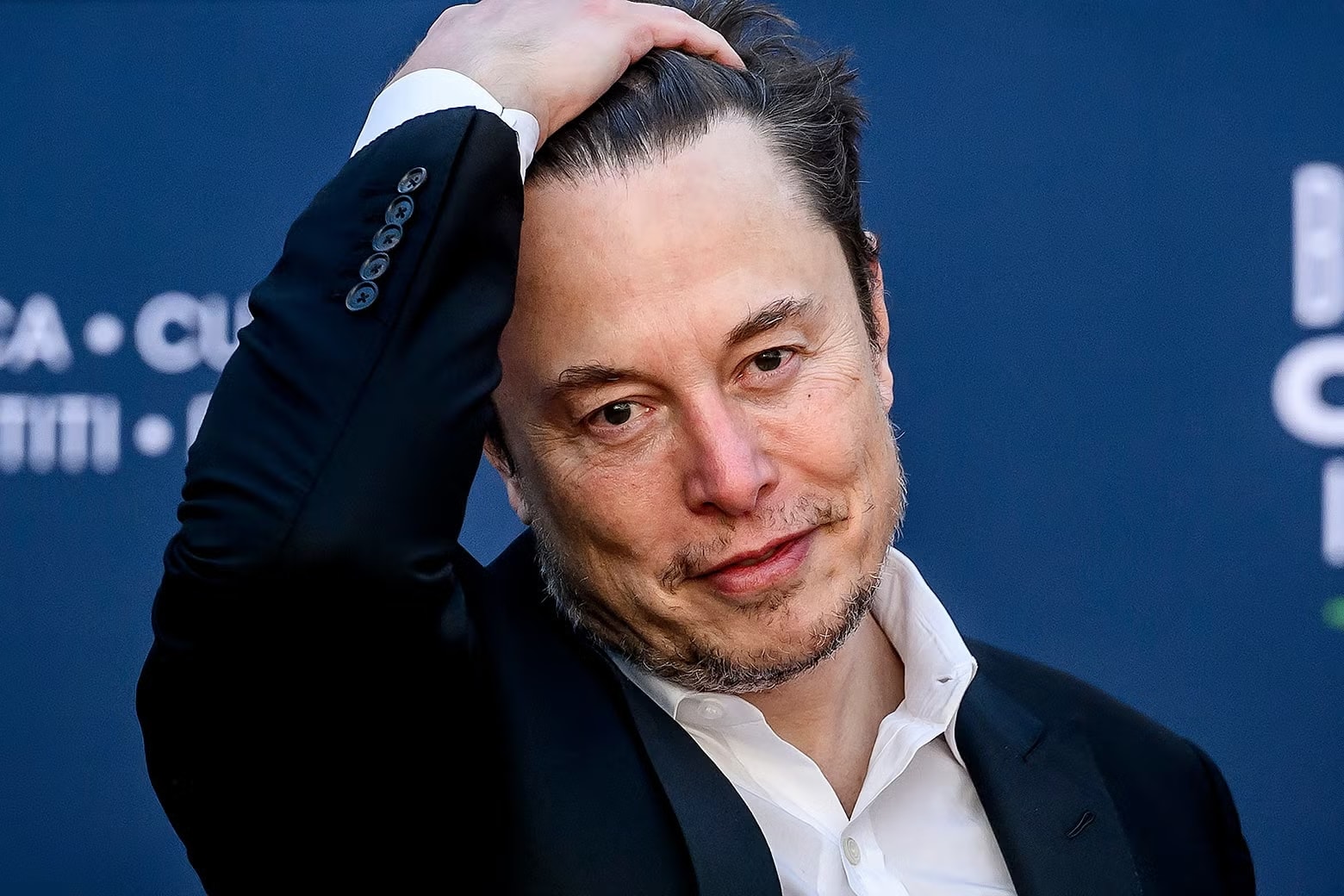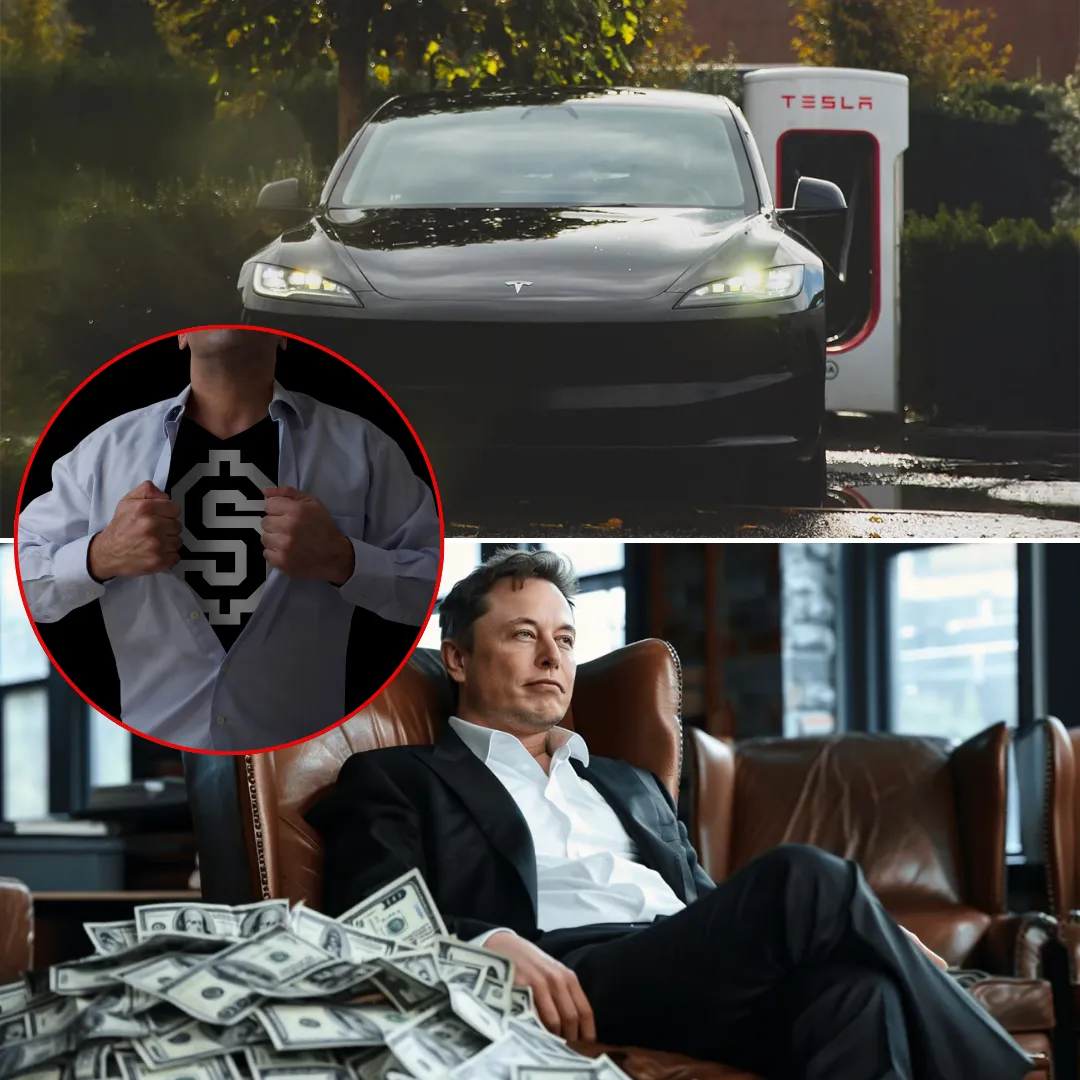
Elon Musk has never been one to hold back his opinions, and his latest comments have sparked another wave of controversy. After yet another Tesla was vandalized—this time in New York—Musk took to social media to call out the brand of the alleged perpetrator’s car.
In a blunt and direct statement, he labeled the vandal as “crazy” and made a pointed remark about their choice of vehicle: a Subaru.
Tesla owners have been facing an increasing number of attacks recently, with vandalism incidents occurring almost daily. These attacks seem to have intensified as Musk has become more vocal in his political beliefs, particularly after aligning himself with U.S. President Donald Trump to push for financial reforms under the newly established Department of Government Efficiency (DOGE).
With Musk advocating for massive budget cuts and government accountability, he has made plenty of political enemies. Unfortunately, Tesla owners appear to be caught in the crossfire.
The backlash against Musk has extended beyond just online criticism—his company and its customers are now facing real-world consequences. In the last few months, Tesla showrooms have been targeted across the country.
One showroom was shot at, while another was set ablaze with a Molotov cocktail. The hostility seems to be reaching a boiling point, and Tesla drivers are growing increasingly frustrated.
The latest incident in New York was particularly disturbing. A Cybertruck owner discovered that someone had drawn a swastika on the side of his vehicle. Outraged, he confronted the individual responsible.
The entire confrontation was caught on camera and later uploaded to X (formerly Twitter), where it quickly gained attention.
Musk, known for his swift and unfiltered reactions, didn’t hesitate to respond. What caught his attention wasn’t just the act of vandalism but the brand of car the perpetrator was driving. “Crazy people. Naturally, he drives a Subaru …” Musk commented, making it clear he associated the attacker’s behavior with their vehicle of choice.
As expected, Musk’s remark ignited a storm of reactions. Subaru enthusiasts were quick to defend their favorite brand, with many pointing out that Subaru has long been associated with reliability, outdoor adventures, and a strong community.
However, Musk’s supporters saw the comment as just another instance of his blunt humor and tendency to call things as he sees them.
For Musk, this wasn’t just about calling out Subaru—it was another way of reinforcing the idea that there’s a growing divide between Tesla owners and those who actively oppose him. His critics argue that Tesla vehicles have become a symbol of Musk’s ideologies, making them a target for those who dislike his influence.
The increasing number of vandalism cases suggests that Tesla owners are facing a level of hostility that goes beyond mere political disagreements.
Musk’s involvement in politics has had a significant impact on the auto industry. His push for government efficiency through DOGE has put him in direct opposition to many lawmakers and activists. While Tesla was once championed as a leader in green energy and innovation, Musk’s shifting political stance has caused some former supporters to turn against the brand.
At the same time, Musk’s influence has attracted a dedicated following that sees him as a fighter against government overreach and corporate bureaucracy. His willingness to take on the establishment has made him a polarizing figure, and this division is now playing out in real-world events, such as the ongoing attacks on Tesla vehicles.
The latest vandalism case in New York is just one example of the broader tensions surrounding Musk and Tesla. While the CEO remains steadfast in his beliefs, Tesla owners are bearing the brunt of the backlash.

With showrooms under attack and cars being vandalized at an alarming rate, it raises questions about how far this hostility will go.
For many Tesla owners, the constant damage to their cars is more than just an inconvenience—it’s a direct result of the public perception surrounding Musk. Some are calling for greater protection and security measures, while others are demanding that law enforcement take these crimes more seriously.
Musk, however, doesn’t seem deterred. If anything, his response to the situation shows that he isn’t afraid to call out those responsible, even if it means making controversial statements about their choice of vehicle.
Whether Musk’s comment about Subaru was meant as a joke or a serious jab, it has once again highlighted the growing divide between Tesla supporters and those who oppose him. As tensions continue to rise, one thing is certain—Musk isn’t backing down, and neither are his critics.
The battle over Tesla’s reputation isn’t just about cars anymore. It’s about politics, power, and the ever-growing influence of one of the most polarizing figures in the world.



-1745550516-q80.webp)
-1748406596-q80.webp)

